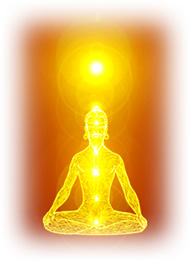self-deception
Bodhi Yoga Concept
 The concept (from lat. Conceptio – understanding, system) is a certain way of understanding (interpretation, perception) of any object, phenomenon or process; main point of view on the subject; a guiding idea for their systematic coverage.
The concept (from lat. Conceptio – understanding, system) is a certain way of understanding (interpretation, perception) of any object, phenomenon or process; main point of view on the subject; a guiding idea for their systematic coverage.
Bodhi (Skt.) – enlightenment, awakening, or awareness. Derived from the verb budh, which means to awaken, realize, understand.
Yoga is a system of practices of spiritual and physical perfection, i.e. art and technology of holistic psychophysical self-improvement. The word “yoga” comes from the Sanskrit root yodge, which has many semantic meanings: “control”, “exercise”, “curb”, “connection”, “unity”, “harmony”, “union”, etc. Continue reading
Yama and Niyama – the foundation of good practice

Yama (control of mind and behavior) and Niyama (psycho-emotional and bodily purity) are the first two stages of yoga and the condition for its effective practice.
By practicing the Pit, we take control of actions in relation to the world. Here are five limitations:
1) Ahimsa – non-violence against anyone and for anything, including in relation to oneself and to the natural order in the world;
2) Satya – a rejection of lies, primarily self-deception;
3) Asteya – rejection of the desire to possess what does not belong to us;
4) Brahmacharya – restraint, refusal to indulge your passions, desires and weaknesses;
5) Aparigraha – refusal to accept gifts and good deeds. Complete self-sufficiency, readiness to always rely only on one’s own strength.
Without self-regulation, one cannot achieve higher states of consciousness. Five rules: Continue reading




